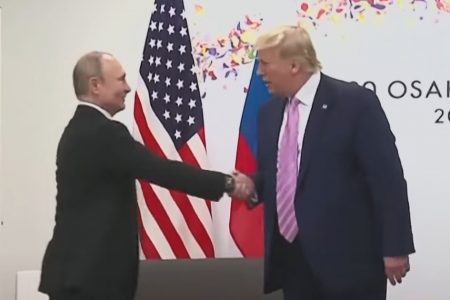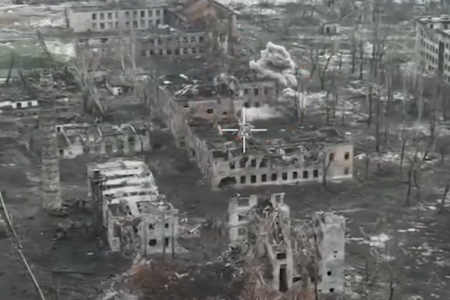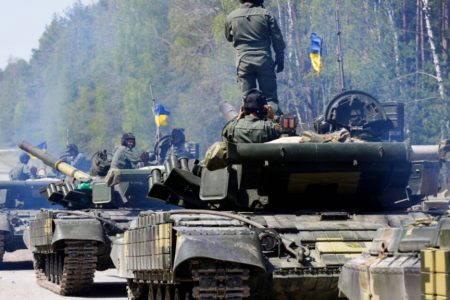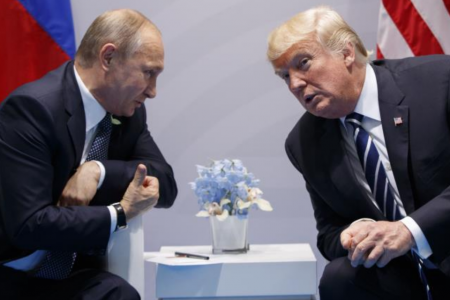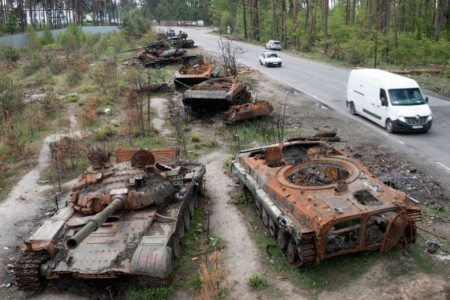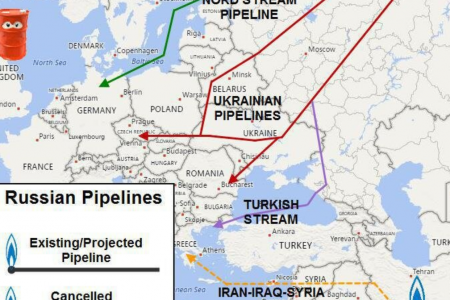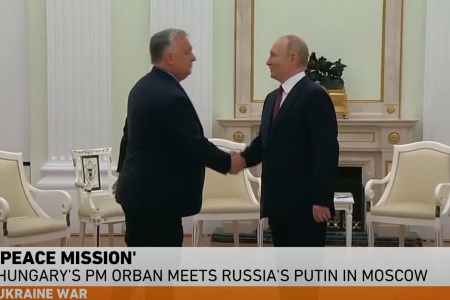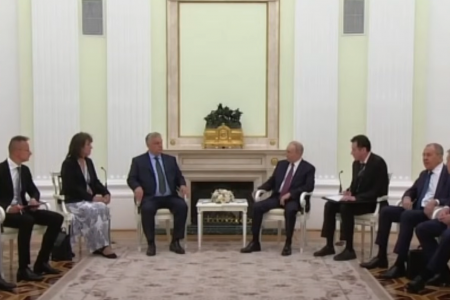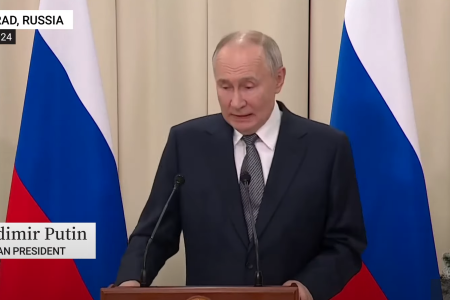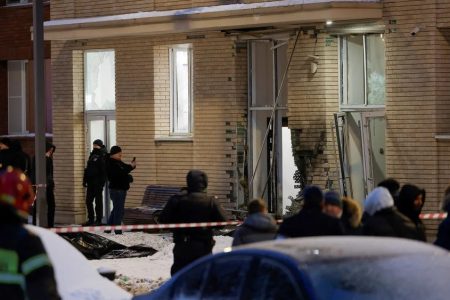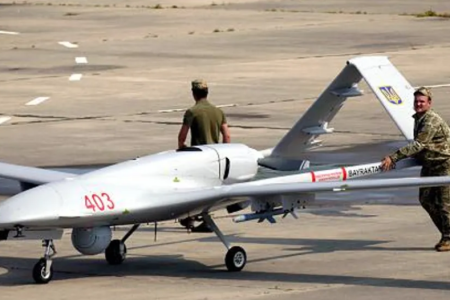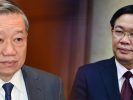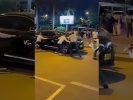
Over the past few weeks, social networks have been flooded with comments and pictures of the two US presidential candidates. One Republican is incumbent President Donald Trump and another is former Vice President Joe Biden.
Meanwhile, the information about the local party congress’s election in which delegates are chosen for the party’s National Congress early next year to elect the country’s leadership seems to be quiet on social media.
As expected, the 13th National Congress will take place early next year to elect the national leaders in the Politburo, the Secretariat, the Central Inspection Committee and the General Secretary. All are according to the procedures specified in the Party Charter and the Party election regulations of the Central Executive Committee.
A researcher on the East Sea, Mr. Dinh Kim Phuc commented that most people interested in politics in Vietnam are especially interested in this 2020 US presidential election. They are interested in the election process as well as the views of the two candidates in campaigning. Since then, it has led to the disagreement between friends. He explained about this phenomenon:
“Why? Because of the domestic election up to now, people are not directly selected. Vietnam’s form of election is the Fatherland Front and the authorities negotiate with party leadership to come up with a list of candidates. The party decides the candidates and ordinary people just formally cast a ballot.
90% of the members of the National Assembly and the People’s Council are members of the Communist Party. The process of wanting to hold a direct vote, the process of wanting to stand for freedom, freedom to campaign… does not exist in Vietnam. It is that desire that makes people flock to follow the US election. People pouring money for singer Thuy Tien to help flood-affected victims but not to the state agencies indicates people’s sentiment in state affairs and election.
These two phenomena that happened in a month have expressed the thoughts and aspirations of the Vietnamese people. They want an election according to the format of the world’s democratic countries. But that cannot be because according to Article 4 of the Constitution, the party is the absolute and total leader of the country.”
According to the Vietnamese Constitution Curriculum, the term electoral is said to be closely linked with the concept of democracy, in which free and fair elections are a guarantee for the respect of freedoms and democracy. Accordingly, in a democracy, the power of the State is exercised only with the consent of the people. The basic mechanism for turning that consensus into State power is the organization of free and fair elections. Elections are also understood as how the people empower the State and as an advanced regime, the State of the Socialist Republic of Vietnam cannot by any other method than vote to succeed. create your own agencies.
Actual election in Vietnam is not like what is preached in the Constitution Curriculum as the party decides everything and the people conduct formal ballots to leganize the party’s decisions. According to many observers, this has attracted many people in the country interested in free elections in the US.
Dr. Pham Quynh Huong of the Vietnam Academy of Social and Science said that this is an opportunity for Vietnamese people to learn about how public and transparent elections are in the US which don’t exist in Vietnam. She added the reasons why the majority of people are not interested in domestic elections:
“There are no such activities in Vietnam. The debates between the two candidates gave interested people a better understanding of the current problems in the US as well as the proposed solutions.
Domestic elections really cannot be like the US. In domestic elections, people do not have the opportunity to discuss anything. Everything in the organization, there are formal meetings and people only discuss in those formal meetings only. That means the delegates met and discussed, but the people did not know the content of the meeting. Of course, they also put on the newspaper but the press is one-way, no interaction. So the people don’t care.”

As a freelance journalist, Mr. Ngo Nhat Dang has the opportunity to travel to several countries, interact with the Vietnamese community as well as the indigenous people there. He pointed out a few factors that he found to explain this year’s phenomenon of strong interest from many Vietnamese in the country:
“First, people have a comparison of how the US election is very democratic and the election is not democratic in Vietnam. It reflects the aspiration of the people to dream, not know when Vietnam will have such a democratic election.
Secondly, if we look deeply into culture and tradition, we can see that there is something close between the American people and the Vietnamese people. Perhaps from very deep in history, the US is a country of immigrants and we Vietnamese also carry immigrant blood. In the past, they migrated from the North to the South after 1954, and then millions of people left the country after 1975 despite many dangers.”
Mr. Ngo Nhat Dang added that compared to the Vietnamese community in other countries around the world, the Vietnamese community in the US is the largest. They are exceptionally successful and respected. Therefore, the Vietnamese in the country also have a relationship and a special interest in what happens in America.
Activist Vu Quoc Ngu, director of Defend the Defenders, stated his remarks:
“I think the Vietnamese in the country aspire to be free to vote. However, that is not allowed by the government of the Communist Party of Vietnam. Since the establishment of the Democratic Republic of Vietnam and then the Socialist Republic of Vietnam, no real free elections have been held.
The first general election in 1946 was not a free election because according to some documents I read, the number of seats in the National Assembly was divided by communist leader Ho Chi Minh. Even though it was an election with the participation of many political parties.”
After September 2, 1945, Vietnam became an independent and free country. The provisional government of the newly established Democratic Republic of Vietnam, headed by President Ho Chi Minh, is the highest-ranking state governing body with historical responsibility directing the entire population to carry out urgent internal affairs, diplomacy, military, economy, culture, and society wait until the election of the National Assembly to appoint an official, legal, constitutional Government.
The first general election of the Democratic Republic of Vietnam was held on January 6, 1946, taking place in 71 cities and provinces nationwide by popular vote and 333 representatives for the National Assembly for the first term.
According to the website of the Management Board of President Ho Chi Minh’s Mausoleum, in reply to a foreign journalist on July 16, 1947, Mr. Ho Chi Minh said: The National Assembly of Vietnam is elected by the people. All men and women 18 years of age and older have the right to vote.
In fact, after more than 70 years, in the long-standing elections, the party decides all. This election method is considered by many Vietnamese as “fake democracy” because they cannot directly vote for people they trust who have the capacity and qualities to represent them.
Thoibao.de (Translated)



